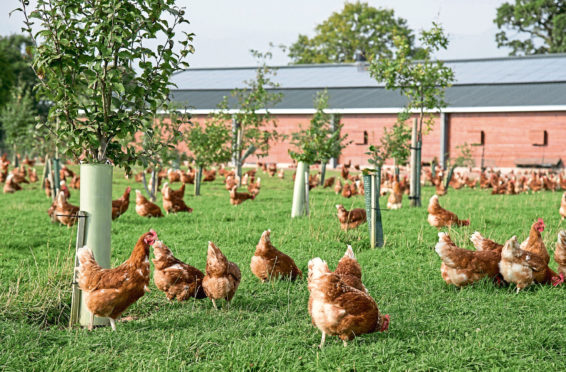The chief veterinary officers of the UK have raised the risk of bird flu hitting the UK from “low” to “medium” after two swans were infected in the Netherlands.
Chief vets from the four nations warned that the cases of avian influenza, known colloquially as bird flu, were detected on Thursday but said the risk of transmission to people remains low.
Wild birds migrating westward from mainland Europe during the winter period can spread the disease to poultry and other captive birds.
A statement from the four chief veterinary officers said: “Following two confirmed cases of H5N8 avian influenza in the Netherlands we have raised the risk level for incursion to the UK from migratory birds to medium ahead of the winter migration season.
“The risk of the disease being introduced to poultry farms in the UK remains low. We are monitoring the situation carefully and bird keepers should remain alert for any signs of disease, report suspected disease immediately and ensure they are maintaining good biosecurity on their premises.”
They added poultry keepers should make sure their birds’ living area is clean, place feed and water in enclosed areas protected from wild animals and remove any spillages, clean their footwear before and after visits, and put fencing around any outdoor areas the birds can access.
The vets also advised avoiding mixing ducks and geese with other poultry species.
This strain of the virus can be very virulent in birds, but there are no recorded cases of it causing disease in humans.
The UK was previously declared free of avian flu in September 2017 and has remained free of highly pathogenic avian influenza since then.
Last week, the chief vets urged poultry farmers and bird keepers to take action now to reduce the risk of bird flu this winter. They also asked keepers to register their birds on the Great Britain Poultry Registe, which is already a legal requirement for those with 50 birds or more.
